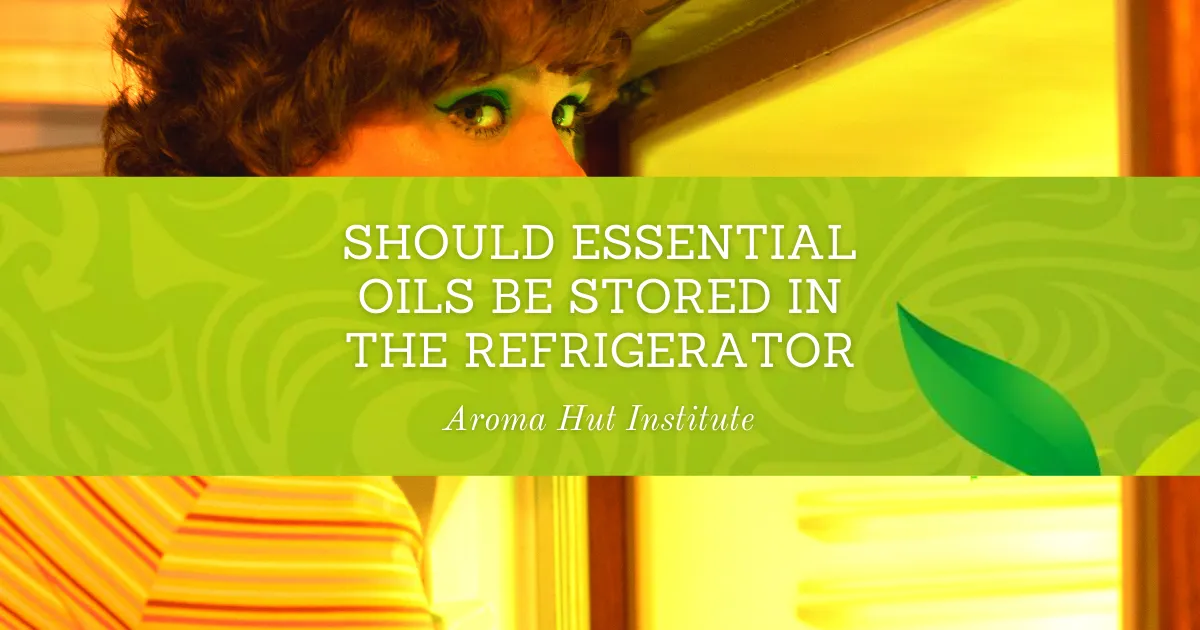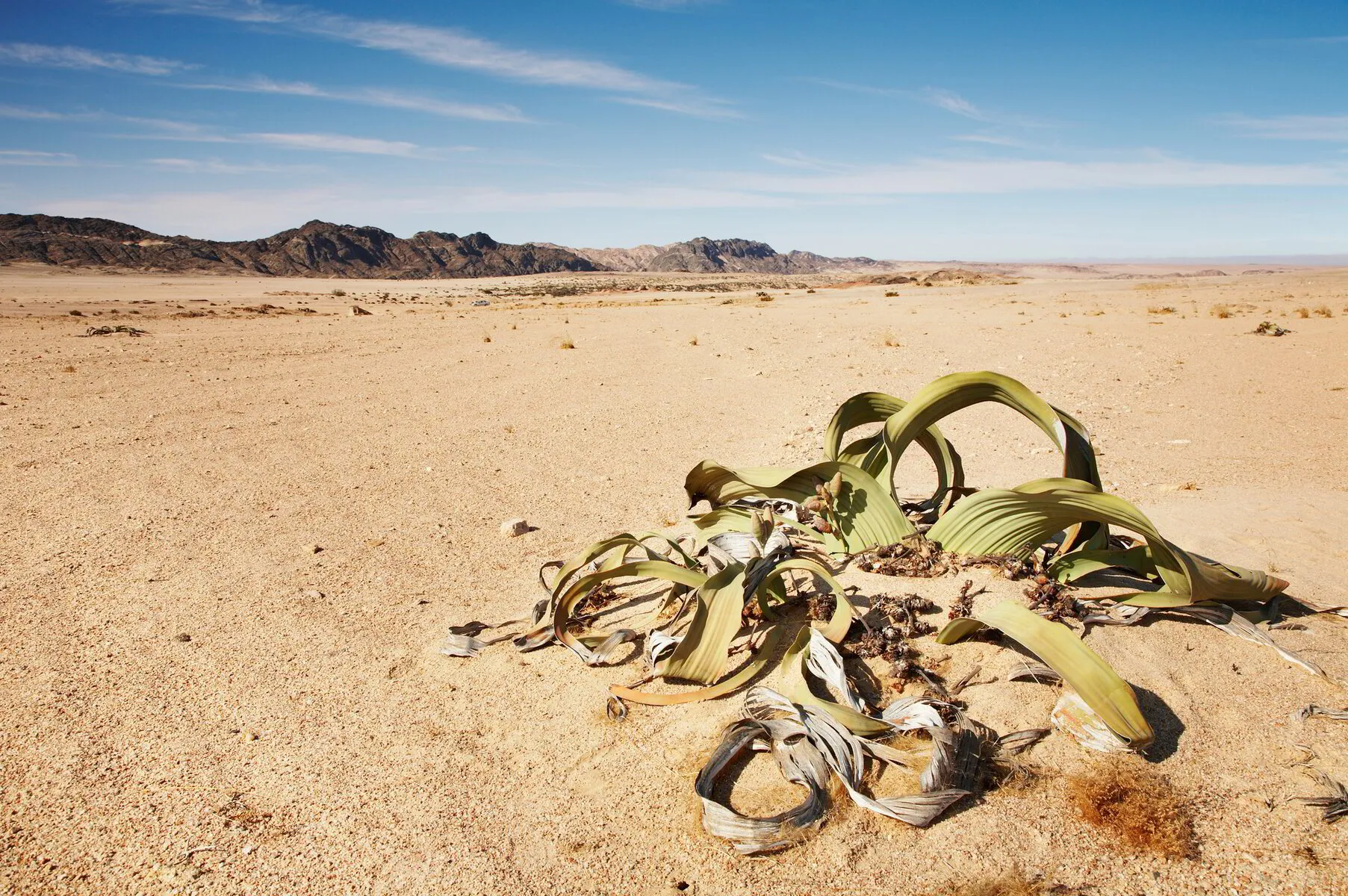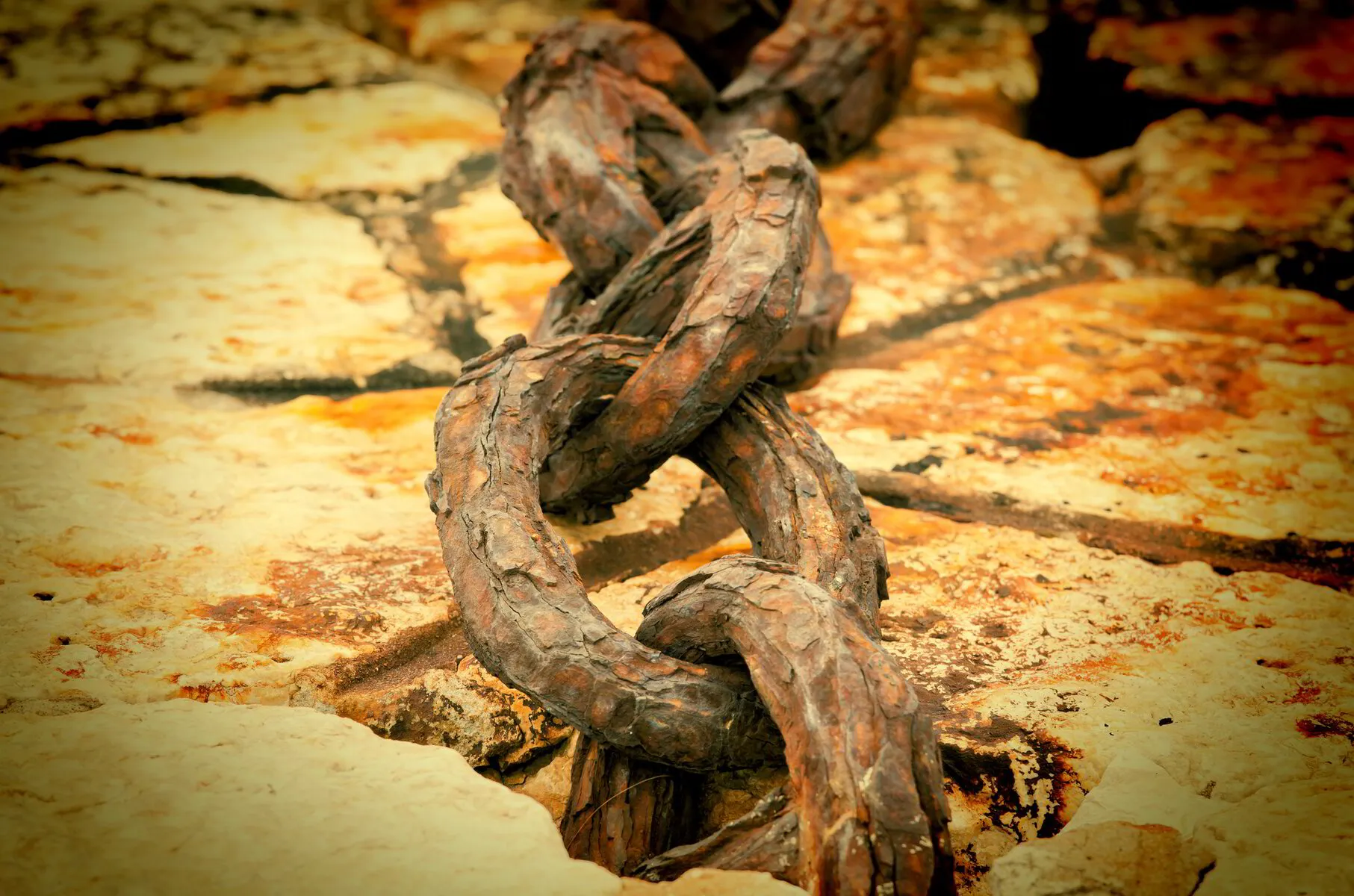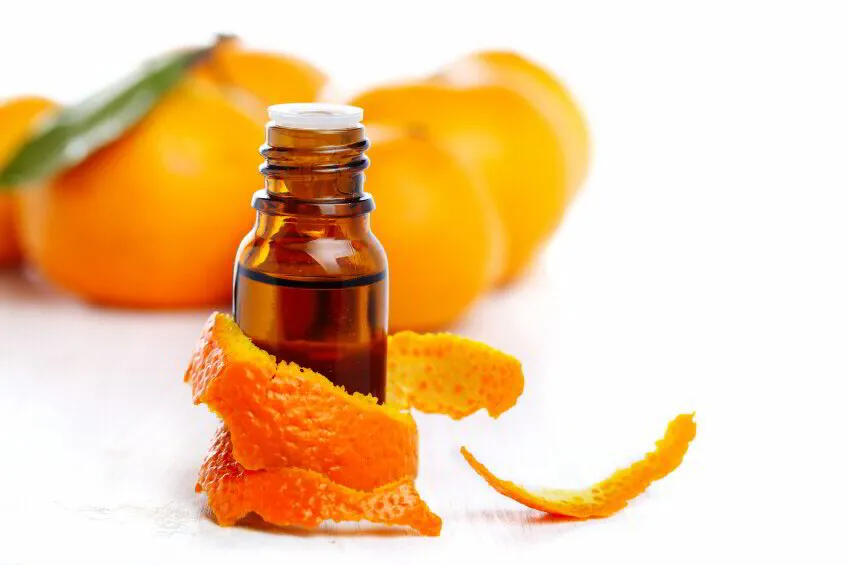I have been asked numerous times about essential oil storage by students, "Should you keep your essential oils in the refrigerator?" What is the best essential oil storage to make them last? When you think of great things served cold, essential oils are probably not one of them. But essential oil storage is something that should be considered. Truth be told, they do work best when fresh, and storing your essential oils in the refrigerator will lengthen their lifespan and keep them fresher longer.
Essential oils are expensive, so you don’t want them to be damaged by heat and oxidation. High temperatures, especially in warm climates (California, Arizona, Texas, Florida, etc.) and long summer days, can ruin a batch of expensive oils. Essential oils are an investment in your health and well-being, so it is vitally important that you know how to store them properly.
What is Oxidation?
Definition of oxidation is a chemical reaction that involves heat that changes the chemical composition of an object. When oxygen comes in contact with other substances, it can cause degradation. It is the same chemical reaction that causes potatoes and apples to turn brown when cut.
Oxidation takes time, and you may not even know it is happening because it is a slow process. It can take months before you see it begin to affect your products, but once it has started, there is not much you can do about it. Keeping them in a cool, dark place such as the refrigerator will keep them from becoming oxidized.
What Does Oxidation Do?
Essential oils with high citrus content such as lemon and wild orange are especially susceptible to oxidation. Citrus oils contain limonene, which lessens as the oil degrades. When that happens, the oil loses its health benefits. It is like when you overcook vegetables in water; all the beneficial vitamins go right down the drain. You don’t want to “cook” your essential oils, so be sure to keep them away from heat and sunlight.
What Temperature Affects Essential Oils?
Bergamot, Lemon, Lime, Grapefruit, Orange, and Tangerine can be damaged by temperatures between 100F (38C) and 140F. For safety, they should be kept at a much lower temperature and stored in bottles that are brown or cobalt blue to keep sunlight from vaporizing the oils.
What happens when essential oils break down from oxidation?
- Decreased limonene in citrus oils means that they lose their therapeutic benefits.
- Oxidation causes changes in the chemical composition of your blends. Besides losing their potency, they could cause an adverse reaction like skin irritation. The scent could change into an unpleasant smell, ruining the entire bottle.
- If the citrus oils are blended with carrier oils, they could go rancid. The fatty oil molecules in almond oil, avocado oil, and coconut oil break down and separate and develop a bad smell. Safe to say they are no longer good for anything but the trash can.
What Temperature is “just right” for Essential Oils?
The temperature best for your oils is 35-38 degrees; the temperature of most refrigerators is great for essential oils. If you fancy keeping them in your freezer, that’s OK too, but the additional cooling won’t bring much added benefit. There are a couple of things to watch out for:
Storing essential oils properly means:
You are storing them in dark glass bottles in a separate area away from your food. You can put them in a small box in the vegetable crisper. It’s like storing onions in the refrigerator; things with strong odors can leach into other foods causing them to go bad.
When taking them from the refrigerator:
Essential oils with carrier oils may solidify in cold temperatures. This will not affect the quality of the oil, but they may need a little time to return to room temperature before using it. If you need to use one, rub the bottle between your hands for a few minutes to warm it up quickly. Do not try and heat the bottle in water or the microwave.
How to Tell if Essential Oil has Oxidized?
 It may have an unpleasant or bad smell. It won’t be as fresh and may look different from other oils of the same type.
It may have an unpleasant or bad smell. It won’t be as fresh and may look different from other oils of the same type.
The oil may appear cloudy. This frequently happens with citrus oils, so keep an eye on your oil’s appearance. If you notice sediment in the bottle, let it settle to the bottom by allowing the bottle to sit undisturbed for 30 minutes to an hour. Then transfer the oil on top into a new bottle using a pipette. Discard the one with the sediment.
The freshness of the oil and the fragrance may differ for each batch, so don’t go off of what the sample bottles in the store smell like. They have been exposed to air and sunlight from being opened frequently and are probably in the process of oxidation. Never buy oils in the “tester bottles.” Always buy your oils in an unopened box.
How long should your essential oils stay good?
It depends on when you start the clock. If you time it from the moment of distillation, you have to know when that was, and most of the time, we don’t know that. And, essential oil in a full, unused bottle will stay fresh for a long time. So – start the clock when you first open the bottle and use the following guideline for essential oils that are refrigerated:
There is no exact science to calculating the amount of time your essential oils will stay fresh. It will depend on when they are made and how they are stored. If they are correctly stored and kept at cooler temperatures, they should last a long time. You could go by the date you open them and begin using them as the start of the timing clock.
Strong scents like citrus fruits, lemongrass, neroli, tea tree, frankincense, spruce, and pine oils typically last between 1 to 2 years, while most other essential oils last 2 to 3 years, and sandalwood, vetiver, and patchouli last between 4 to 8 years.
If you haven’t kept them refrigerated up to now, they should last about half the stated time. It’s never too late to start with a new essential oil storage plan. Keep them in the refrigerator, especially if you live in a hot, dry climate like the states listed above.
Essential Oil Storage Tips:
- Keep essential oils in dark-colored bottles. Amber or cobalt are best, but dark green will also work.
- Keep bottles tightly capped when storing.
- Never leave essential oils near an open flame; they are flammable and can cause a fire.
- You don’t have to discard oxidized oils if they don’t smell bad. Just use them in your homemade cleaning products. If they have gone bad, use them for another purpose.
- Keep essential oils out of reach of children. Accidents happen, and ingesting certain oils may be harmful to a young child.
Keeping your essential oils cold is paramount to preserving their freshness and making them last as long as possible. For long-term storage, you can keep them in the freezer in tightly closed bottles and stored in a Ziploc bag.





